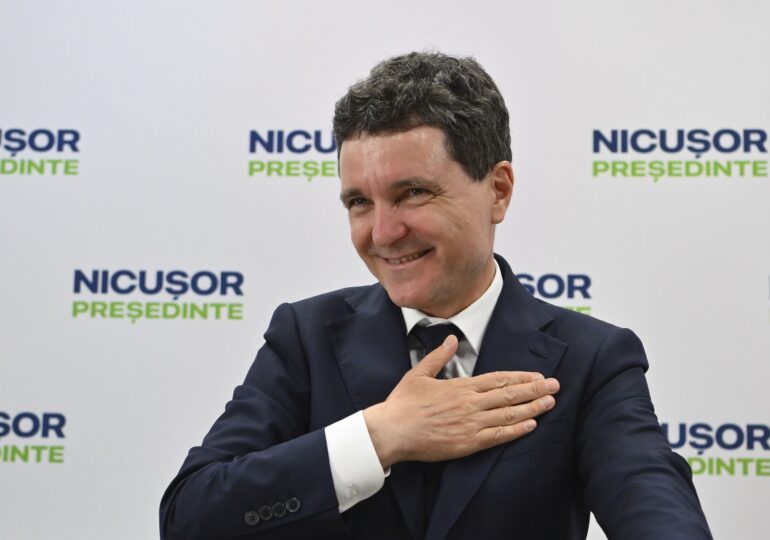The survey presented Wednesday evening by Nicușor Dan, conducted by Verifield, is accurate, says sociologist Remus Ștefureac, the director of INSCOP.
He emphasizes that the data confirm that the recovery of the gap by Nicușor Dan is possible, but it will be a very difficult process.
According to Remus Ștefureac, debates will matter a lot, economic concerns will weigh heavily, and a massive increase in voter turnout will be decisive.
"The survey presented by Nicușor Dan is accurate. Verifield is a serious and rigorous entity. The data confirm that the recovery of the gap by Nicușor Dan is possible, but it will be a very difficult process. Voters do not simply distribute themselves between the two candidates based on impressions, reasoning, or partisan perceptions.
Debates will matter a lot, economic concerns will weigh heavily, and a massive increase in voter turnout will be decisive. I don't think anyone should despair. Whatever the outcome, it's important to regain confidence in Romanian democracy and respect every voting option. Superior arrogance is just as harmful as vengeful ignorance," wrote Remus Ștefureac on Facebook.
- Who and how they voted: Simion, chosen by those with primary education, Nicușor by college-educated people. How did young people vote
- Băsescu says how Nicușor Dan can convince undecided voters to come to vote: I think he has a chance to win
The candidate placed second in the first round of the presidential elections, Nicușor Dan, presented on Wednesday a survey conducted by Verifield, which credits George Simion with a considerable lead ahead of the decisive round on May 18.
According to the survey conducted by phone on May 6, on a sample of 944 people and with a margin of error of ±3%, George Simion would receive 54.8% of the votes, while Nicușor Dan would receive 45.2%.
Two major factions are forming
INSCOP's director further states that inevitably, any presidential competition with two finalists polarizes society. Two major factions are forming, with cores of political extremists excessively focused on insulting the other faction at their center, says Remus Ștefureac.
"And in the informational era of social networks, the moderate public, overwhelmingly, either withdraws or is marginalized between the aggressive superior arrogance of a minority faction consumed by pseudo-intellectual vanity and the equally aggressive retaliatory ignorance of the other minority faction, hallucinating in so-called popular bubbles.
Each of these minority groups quickly finds representative figures specialized in venting violence in public discourse, fueling the illusion that these groups are larger than they really are, and that the more influential "opinion leaders" are more influential than their pitiful shadow.
However, the Romanian ethos tells us that usually (not always, it's true), the moderate majority will ultimately determine the winner of such a race. And the candidate who can temper their aggressiveness, limit the influence of violent servants (verbally for now), and project confidence will have the first chance to emerge victorious in this race," emphasizes Remus Ștefureac.

